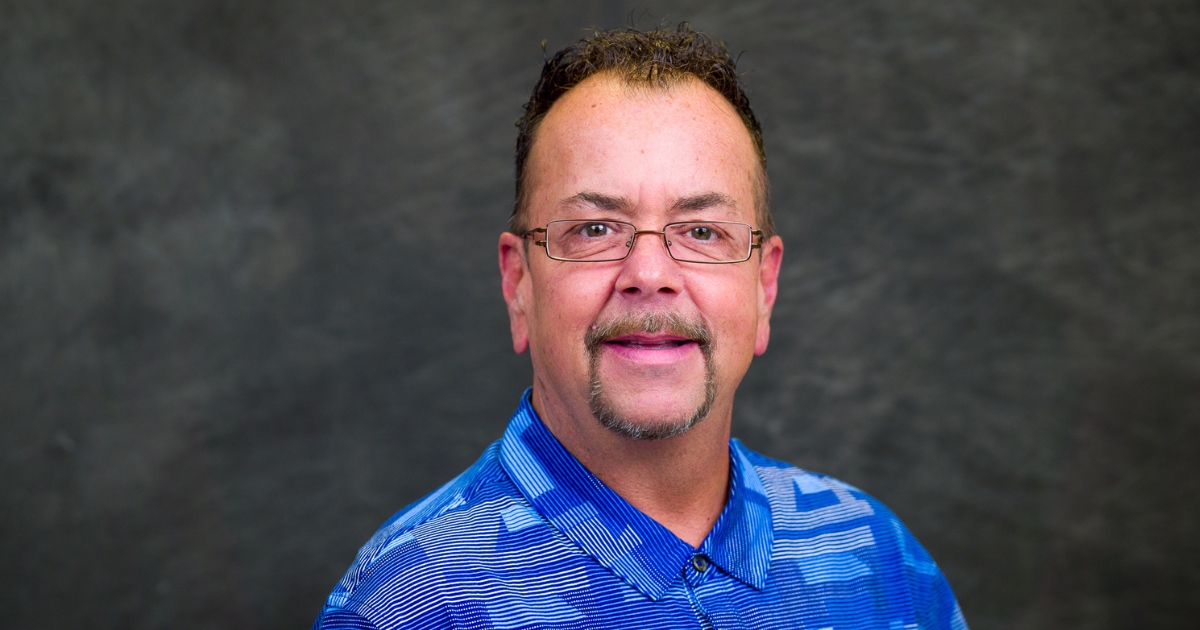Q & A With Margot Ackermann
Margot Ackermann loves using data to answer questions. As Homeward’s Research and Evaluation Director, she is often immersed in spreadsheets and databases. Margot has worked with Homeward for more than 15 years and joined the organization a few months after finishing her Ph.D. in applied experimental psychology.

Fittingly, her very first day at Homeward was centered on data collection. Margot’s first day coincided with the summer Point-in-Time count in July 2007. Since that day, she has been an integral part of Homeward’s ability to serve as the planning and support agency for the Greater Richmond Continuum of Care, a network of homeless service providers that delivers coordinated and compassionate solutions to homelessness in our region.
Given the important role of data and understanding the lived experiences of individuals and families experiencing homelessness, we thought it would be great to ask her a few questions.
Question: What is your role with Homeward?
Answer: I serve as Homeward’s Research and Evaluation Director, which means that I supervise and manage Homeward's data collection and analysis. I also help ensure that the organization complies with all reporting procedures and standards for federal and state funding. I first joined Homeward because I was drawn to the idea of using my skills in research and statistics to help address homelessness. I truly enjoy my work. In addition to my role at Homeward, I have taught at VCU as an adjunct professor in the School of Social Work for over 10 years.
Q: Why and how does Homeward collect data?
A: One way that we collect data is through our Point-in-Time (PIT) counts that occur in January and July each year. The PIT count has two parts – a count, which is just knowing the number of people experiencing homelessness in our region, and a survey. The survey, which is anonymous, allows us to collect information that we report about our community, as well as information that is of particular interest. For example, we have used the PIT count to collect data about COVID-19 – whether people are vaccinated or have had COVID-19; we have also collected information about foreclosures and evictions to learn more about how these housing issues have affected people experiencing homelessness. In addition to the PIT counts, Homeward administers the Homeward Community Information System, or HCIS. Service providers within our region rely on HCIS, and the information collected is set by the U.S. Department of Housing and Urban Development (HUD). This information collected by Homeward and our partners is used for federal reporting and includes demographics and program usage.
Q: How does Homeward use data that it collects?
A: We use data in a number of ways – for federal and other grant reporting, for looking at how our community is serving clients and helping to end their homelessness, for evaluating programs, for funding decisions, and for analyzing gaps in our current system. In addition to studying the data that we collect, we also actively seek partnerships with other systems of care to see whether they share clients with the homeless services system or to better coordinate services.
Q: How does the data gathered directly from people in crisis help inform our region’s solutions to homelessness?
A: Data is so important in our work. It helps us understand some basics, like how many people are experiencing homelessness at a given time and throughout the year. It also allows us to examine trends over time and try to tie those trends into what we know about what is happening with funding and with the world we live in. Data and the use of data is woven into all our efforts at Homeward and the work of our service provider partners. For example, data helped us realize the impact that rapid rehousing projects could have in our community and helped us advocate for more rapid rehousing. It helps us tell the story of how we adapted to COVID-19 and the impact that the pandemic had among people experiencing homelessness. Data helps us understand what direction we’re headed and the resources that we need to provide a crisis response to homelessness as well as more permanent resources that our region needs.
Q: Have the ways in which data is collected and/or analyzed changed over the years? If so, how?
A: Over the past 15 years, we have made some changes in the way that data is collected and what data we collect, but our methodology has generally remained similar. In the ways that it has changed – for example, having street outreach providers go out in both the evening and the morning during the PIT count – we have sought to increase our efforts to find people who might be staying outdoors or in a place not meant for habitation. We changed over from paper surveys to electronic surveys for the PIT count several years ago. The data that HUD requires has changed some in ways to be more inclusive (e.g., providing a greater array of choices for people to report their gender). In terms of how we analyze the data, the tools are the same, but some of the questions we focus on have evolved over time. We have moved from mainly describing the clients who access the system to addressing deeper questions related to equity and trying to figure out what the future looks like so we can be more predictive in our analysis of the data we have. We have also focused on collecting data in such a way that we are keeping up with trends occurring related to housing and homelessness.

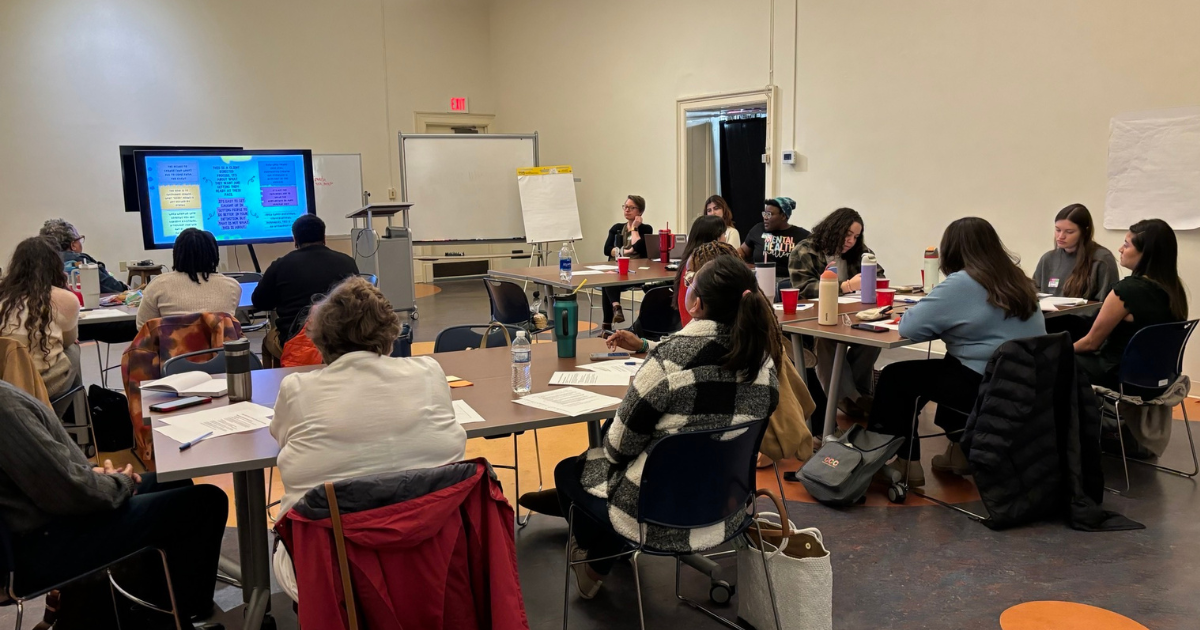
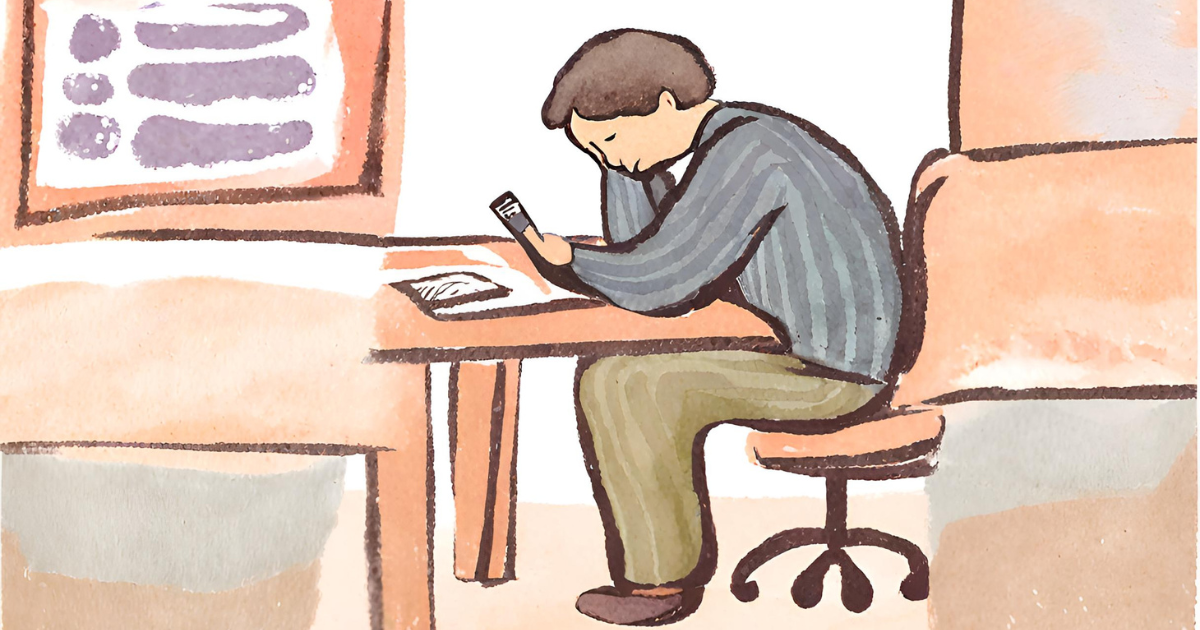


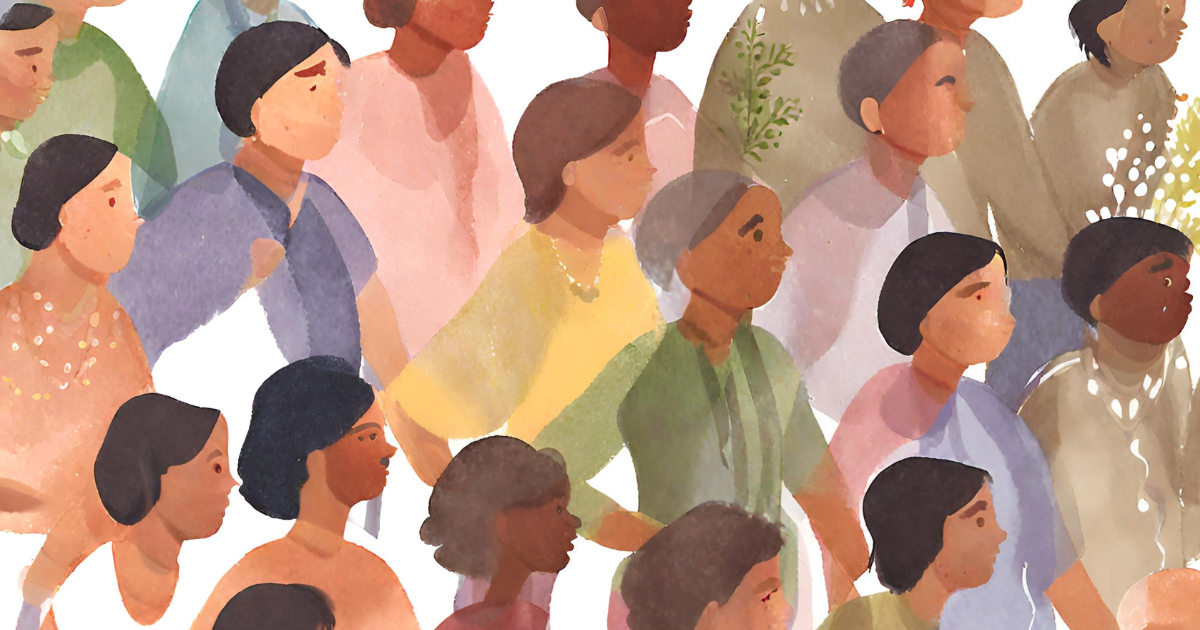
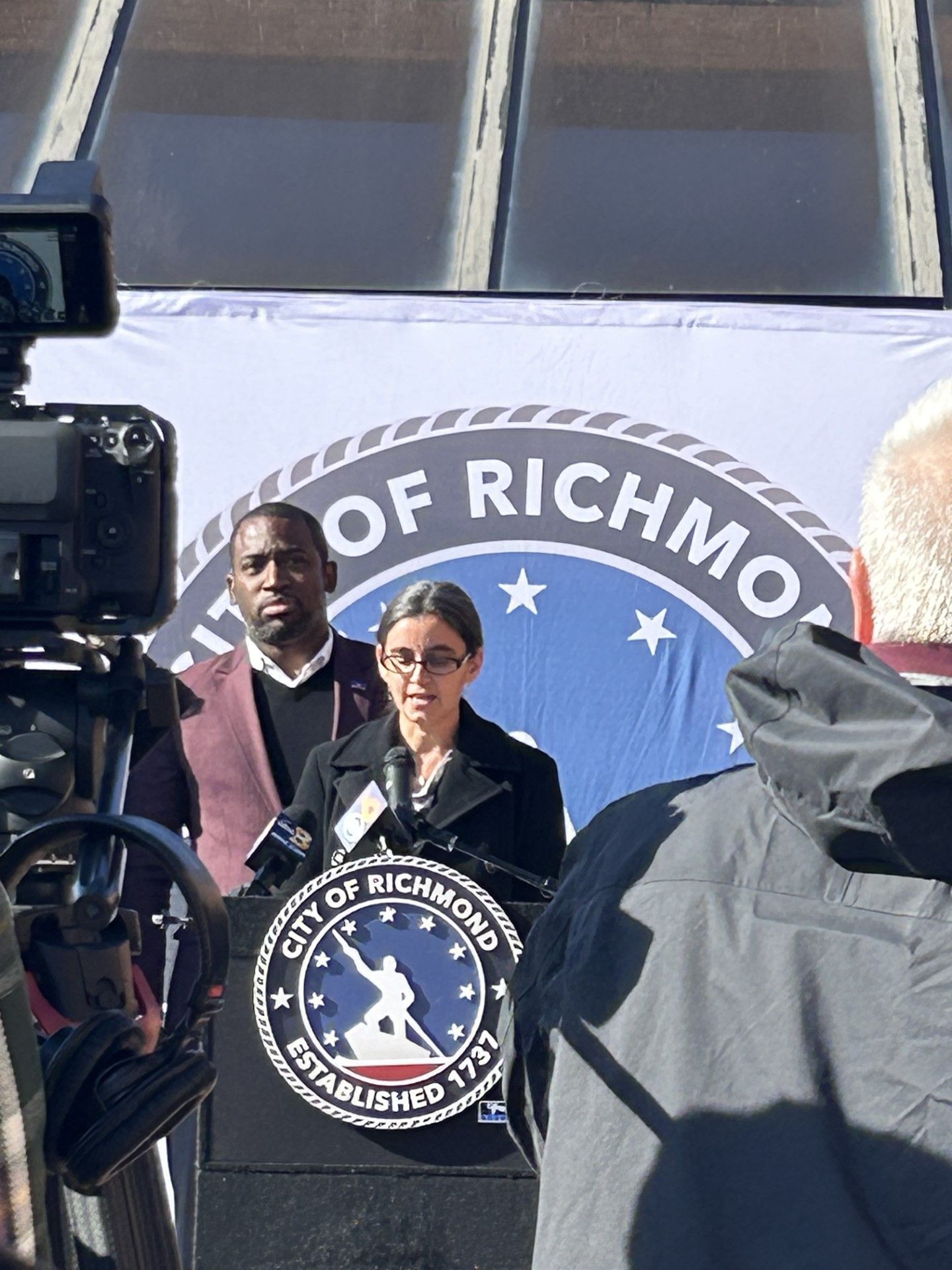
Every donation counts.
Useful Links
Contact info
info@homewardva.org
If you are within 3 days of losing housing, call The Homeless Connection Line: 804-972-0831 . If you are more than 3 days away from losing housing, call The Housing Resource Line: 804-422-5061
All Rights Reserved | Homeward







